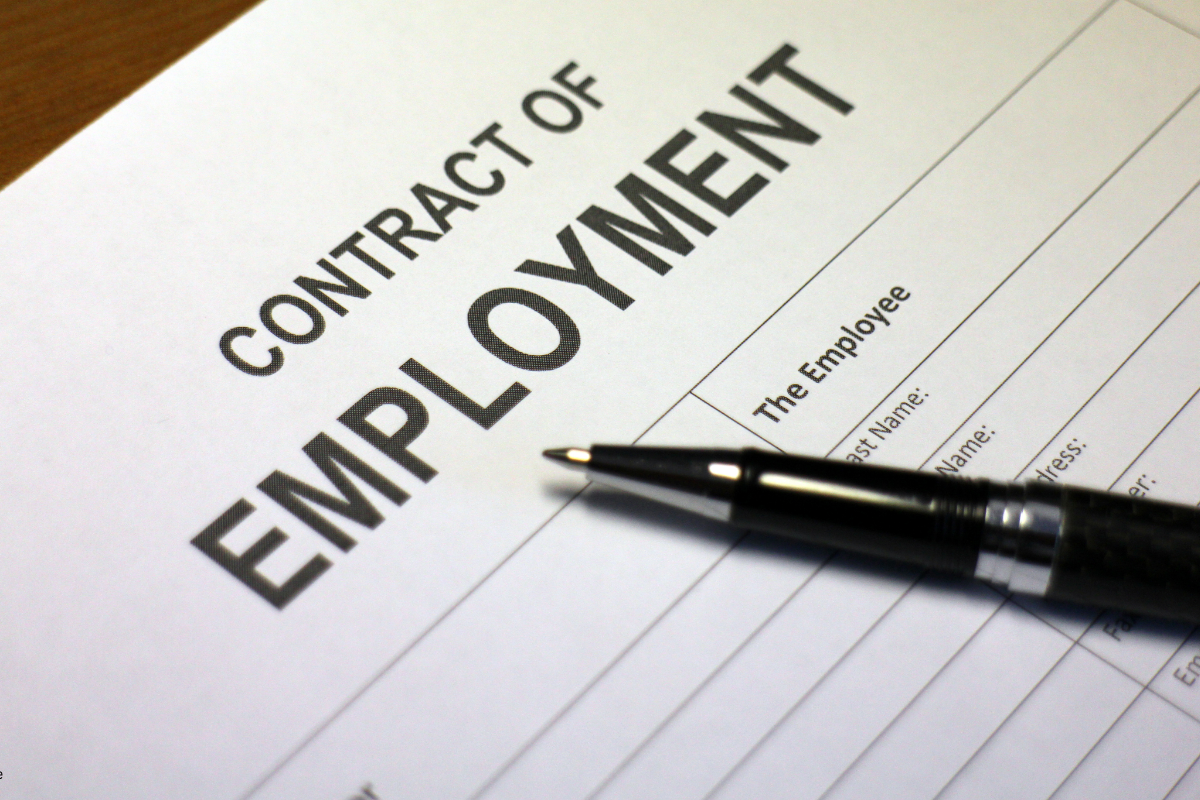Colon cancer represents 12 per cent of all cancers, but with early detection the five-year survival rate is 90 per cent. Obviously, early detection is so very important, which brings us to colonoscopies.
The Canadian Task Force on Preventative Health Care recommends a fecal occult blood test (FOBT) every two years between ages 50 and 74, or a colonoscopy every 10 years. These recommendations depend upon family history and personal history with previous polyps (abnormal tissue growths) and conditions like inflammatory bowel disease.
These tests are important because, often, colon cancer has no symptoms, or the symptoms are innocuous, like changes in bowel habits that can easily be attributed to other causes.
Read Also

Employment Agreements Can Help Protect Your Farm
Entering into employment agreements with each of your farm employees should be at the top of every farm’s “to do” list, but caution must be exercised.
While FOBT or FIT screening (i.e. the “poop” test) is relatively easy and can be done at home with some dietary restrictions, colonoscopies for most people are more daunting. They involve inserting a flexible tube into the rectum. The tube has a camera and small surgical tools so that the interior of the colon can be seen and if there any growths, they can be removed.
A sigmoidoscopy examines the lower part of the colon while a colonoscopy looks at the complete colon. (Just as an aside, an endoscopy involves inserting a flexible tube into the throat to check the esophagus, stomach and beginning of the small intestine.)
It makes sense that in preparation for a colonoscopy, the bowel should be as clean as possible so that visualization is clear. The bowel preparation is sometimes more problematic than the actual procedure. Laxatives are required to empty the bowel and it makes sense to follow directions carefully in order to have a successfully completed colonoscopy the first time.
Osmotic laxatives are the drugs of choice for bowel cleansing, with the most common compound being polyethylene glycol or PEG. These laxatives contain poorly absorbed molecules that draw and retain water in the bowel with the resultant laxative effect. Used in small quantities, PEG is a safe and effective laxative for uncomplicated constipation. However, for bowel cleansing a larger volume is required, usually four litres, and it is this large volume that causes problems.
Couple the large volume with a salty taste, and preparing for a colonoscopy can be unpleasant. Chilling the solution and drinking it through a straw or following it with several sips of a clear beverage like apple juice will help. Flavoured drink crystals can be added for improved taste, but red and purple coloured ones need to be avoided because these dyes can interfere with the test.
Sometimes other osmotic laxatives may be recommended that may require smaller volumes, for example magnesium citrate, oral sodium phosphate. However, oral sodium phosphate can cause electrolyte, kidney, cardiovascular and neurological problems, and thus has fallen out of favour. Besides the osmotic laxative, a stimulant laxative like bisacodyl is often included in the bowel preparation regime so that rhythmic bowel contractions occur, ensuring complete emptying.
Besides staying close to the bathroom during the bowel preparation procedure, diet recommendations need to be followed. By reducing dietary fibre for about two days prior to the procedure and following the recommended clear liquid diet, the procedure will be less complicated.
And, of course if medications, especially ones for cardiovascular conditions or diabetes, are routinely taken, following the recommendations as to which pills should and should not be taken during the preparation phase is important.
Yes, colonoscopies and their preparation are unpleasant, but they are essential to early detection of colon cancer and improved survival rates.















